It means Afghanistan and Pakistan are the only countries in the world where the virus can still be found
Africa has been declared free of wild polio – a major victory against a disease that once paralysed 75,000 children across the continent each year.
The African Regional Certification Commission (ARCC) confirmed the milestone on Tuesday, with no new cases having been identified since some were reported in northern Nigeria more than four years ago.
The final step in combating wild polio involved an immunisation campaign and the monitoring of children in Borno State, the centre of the Boko Haram insurgency.
It means Afghanistan and Pakistan are the only countries in the world where the virus can still be found. Despite vaccination efforts there, difficulties arise from insecurity and attacks on health workers.
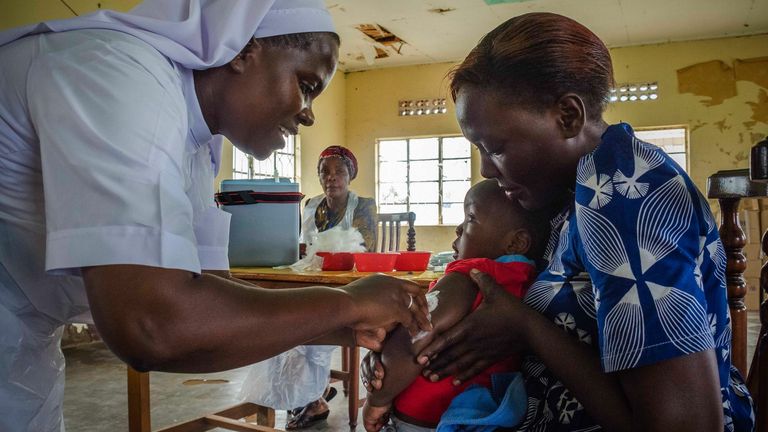
What is polio?
The World Health Organisation (WHO) describes polio as a highly infectious viral disease, which mainly affects children under the age of five.
It is transmitted between people and sometimes through contaminated water or food, and multiplies in the intestine.
From there, the virus can invade the nervous system and can cause irreversible paralysis, which can lead to death if breathing muscles are affected.
The virus once used to leave up to 75,000 children a year with paralysis across Africa.
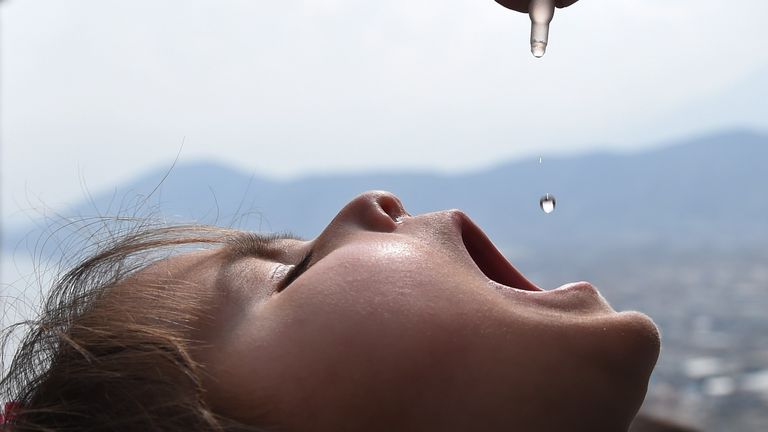
Health authorities have welcomed the ARCC’s good news, which comes as the continent continues to battle the coronavirus pandemic, an Ebola outbreak in western Congo, the world’s worst measles outbreak, also in Congo, and persisting challenges bought on by malaria, tuberculosis and HIV.
According to the WHO, wild polio is the second virus that has been eradicated in Africa, as the continent was declared free of smallpox four decades ago.
Initial plans focused on eradicating polio by 2000, a deadline which was repeatedly missed.
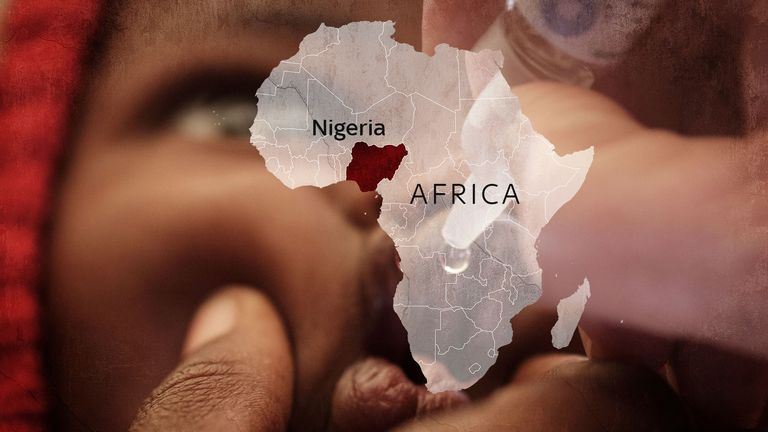
This declaration does not mean Africa is completely free of polio, as cases of the vaccine-derived polio virus still exist.
This is a rare mutated form of the weakened live virus, which is found in the vaccine. Sixteen African countries are currently experiencing outbreaks of this mutation.
Health officials have warned that the COVID-19 pandemic has left more children vulnerable to polio, due to mass polio immunisation campaigns being halted by the WHO in April.
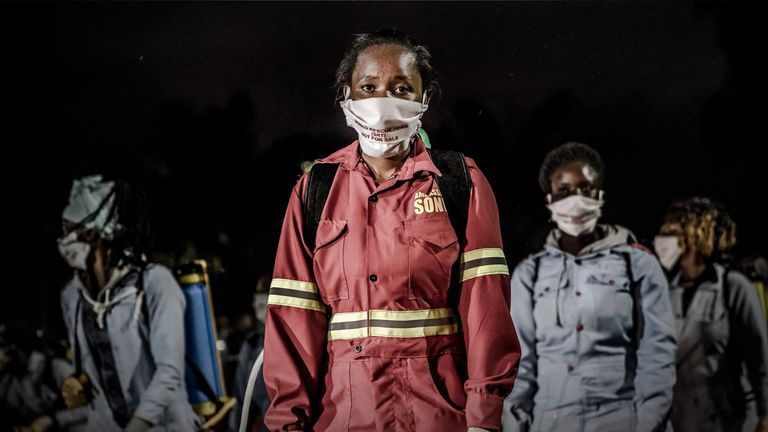
WHO regional director for Africa, Dr Matshidiso Moeti, said: “It’s been a momentous, massive undertaking, with amazing persistence and perseverance, coming in the face of moments when we thought we were just about there, then we’d have a reversal.
“I would really like to pay tribute to polio survivors, who have joined in the fight, who have helped in sharing their experiences of disability with polio and the impact this has had on their lives.”
Speaking of the importance of improving survivor’s lives, she added: “This moment underlines the importance of paying attention and better prioritising the needs of people with disabilities in the African region.
“Health is not just the absence of a disease that can kill, it is a complete sense of well-being.”





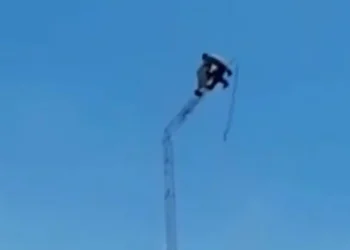
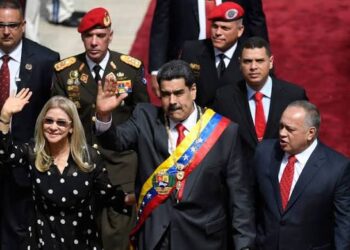
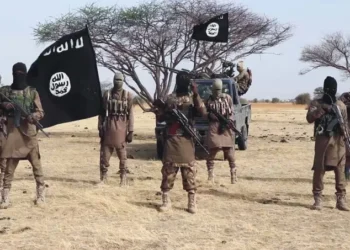
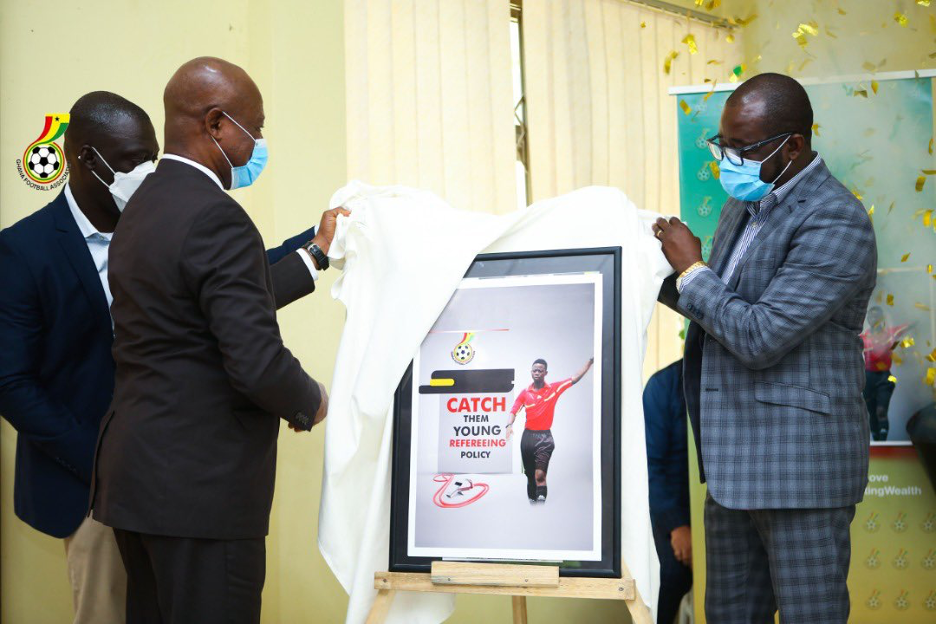

Discussion about this post